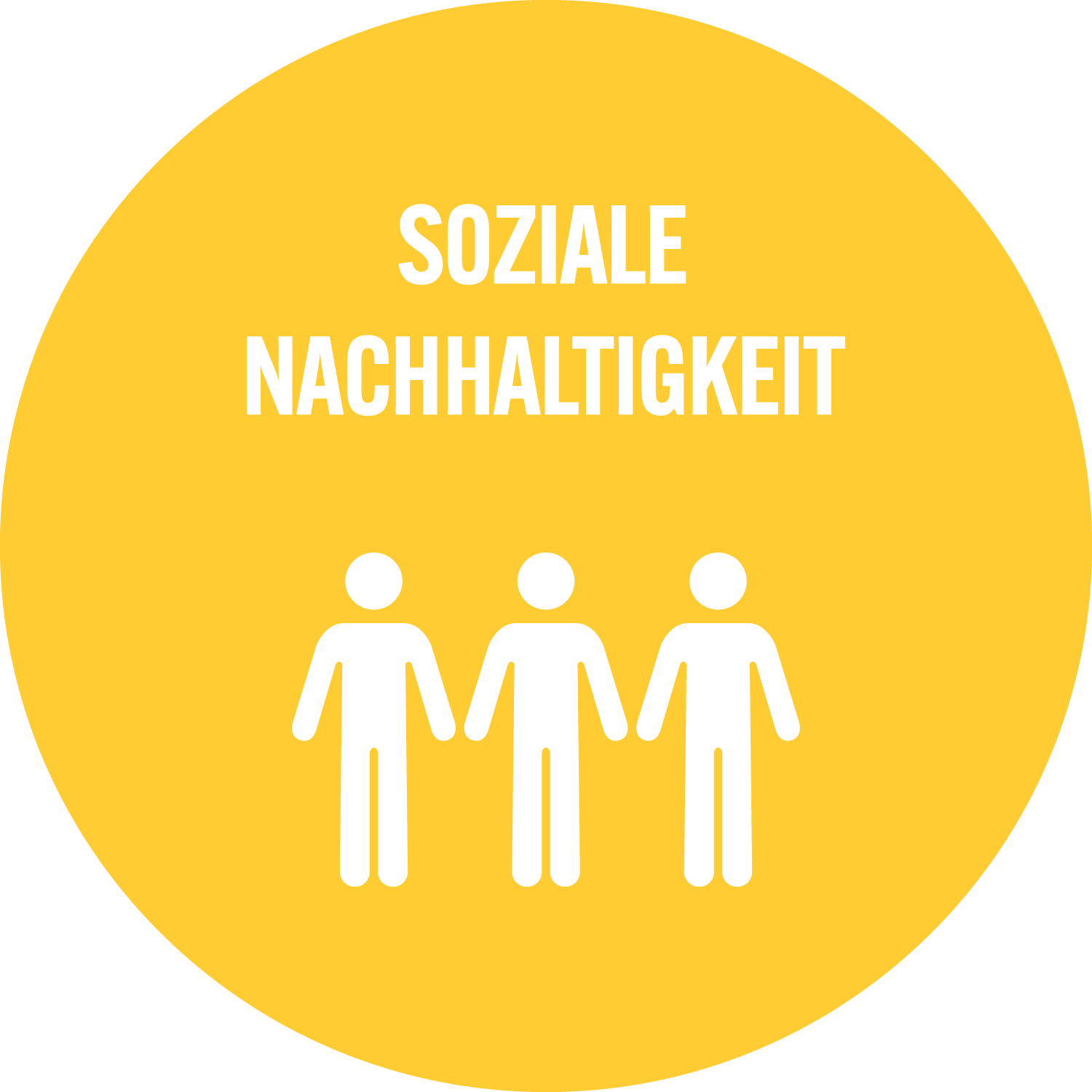|
Equity effects of dietary nudging field experiments: Systematic review and meta-synthesis
Schüz, Benjamin
;
Meyerhof, Hannah
;
Hilz, Lisa Karla
;
Mata, Jutta
|
DOI:
|
https://doi.org/10.3389/fpubh.2021.668998
|
|
URL:
|
https://madoc.bib.uni-mannheim.de/59929
|
|
Weitere URL:
|
https://www.frontiersin.org/articles/10.3389/fpubh...
|
|
URN:
|
urn:nbn:de:bsz:180-madoc-599295
|
|
Dokumenttyp:
|
Zeitschriftenartikel
|
|
Erscheinungsjahr:
|
2021
|
|
Titel einer Zeitschrift oder einer Reihe:
|
Frontiers in Public Health
|
|
Band/Volume:
|
9
|
|
Heft/Issue:
|
Article 668998
|
|
Seitenbereich:
|
1-13
|
|
Ort der Veröffentlichung:
|
Lausanne
|
|
Verlag:
|
Frontiers Media
|
|
ISSN:
|
2296-2565
|
|
Verwandte URLs:
|
|
|
Sprache der Veröffentlichung:
|
Englisch
|
|
Einrichtung:
|
Fakultät für Sozialwissenschaften > Gesundheitspsychologie (Mata 2015-)
|
|
Bereits vorhandene Lizenz:
|
 Creative Commons Namensnennung 4.0 International (CC BY 4.0) Creative Commons Namensnennung 4.0 International (CC BY 4.0)
|
|
Fachgebiet:
|
150 Psychologie
610 Medizin, Gesundheit
|
|
Freie Schlagwörter (Englisch):
|
Equity effects , nudge , field experiment , dietary behavior , nutrition behavior , Harvest plot , Inequalites
|
|
Abstract:
|
Background: Dietary behaviours are among the key modifiable risk factors for non-communicable diseases. Importantly, dietary behaviours vary substantially between groups and individuals with different socioeconomic positions, with more disadvantaged groups and individuals being exposed to more dietary risk factors. The goal of this review is to summarize the existing research on and identify equity effects of dietary nudging interventions.
Methods: Systematic review of nudging interventions conducted in a field setting that report an observable indicator of dietary behaviour, include a control group, and report effect sizes stratified by social inequality as outlined in the PROGRESS-Plus framework. Two databases (scopus, Pubmed) were searched (last search June 2021), and 18 articles with 19 studies (k=46 equity comparisons) were included. Risk of bias was assessed using the ROBINS-I tool. Given their heterogeneity, both, with regard to dimensions of equity and study outcomes, studies were summarized in a meta-synthesis.
Results: The majority of equity comparisons (38 out of 46) were available for cognitive nudges. Most of these (22 out of 38 comparisons) found that cognitive nudges worked equally well in more and less disadvantaged populations; however, in 12 out of the 38 comparisons, they favored those who were less disadvantaged. Two out of foud comparisons on behavioural nudges favoured more disadvantaged persons.
Conclusions: The differential effects of dietary nudging interventions found in this review can contribute to increases in health inequalities. At the same time, a substantial number of interventions found no equity effects, suggesting that further moderating variables might be responsible for facilitating or buffering equity effects. Importantly, despite these interesting findings, this review clearly shows that more research on nudging interventions and health equity is dearly needed. Future interventions should report effect sizes stratified by any indicator of social inequality.
|
|
Zusätzliche Informationen:
|
Online-Ressource
|
 | Dieser Eintrag ist Teil der Universitätsbibliographie. |
 | Das Dokument wird vom Publikationsserver der Universitätsbibliothek Mannheim bereitgestellt. |
 Suche Autoren in Suche Autoren in
BASE:
Schüz, Benjamin
;
Meyerhof, Hannah
;
Hilz, Lisa Karla
;
Mata, Jutta
Google Scholar:
Schüz, Benjamin
;
Meyerhof, Hannah
;
Hilz, Lisa Karla
;
Mata, Jutta
ORCID:
Schüz, Benjamin ; Meyerhof, Hannah ; Hilz, Lisa Karla ; Mata, Jutta  ORCID: 0000-0003-2498-5054 ORCID: 0000-0003-2498-5054
Sie haben einen Fehler gefunden? Teilen Sie uns Ihren Korrekturwunsch bitte hier mit: E-Mail
Actions (login required)
 |
Eintrag anzeigen |
|
 ORCID: 0000-0003-2498-5054
ORCID: 0000-0003-2498-5054



 Creative Commons Namensnennung 4.0 International (CC BY 4.0)
Creative Commons Namensnennung 4.0 International (CC BY 4.0)


 Suche Autoren in
Suche Autoren in